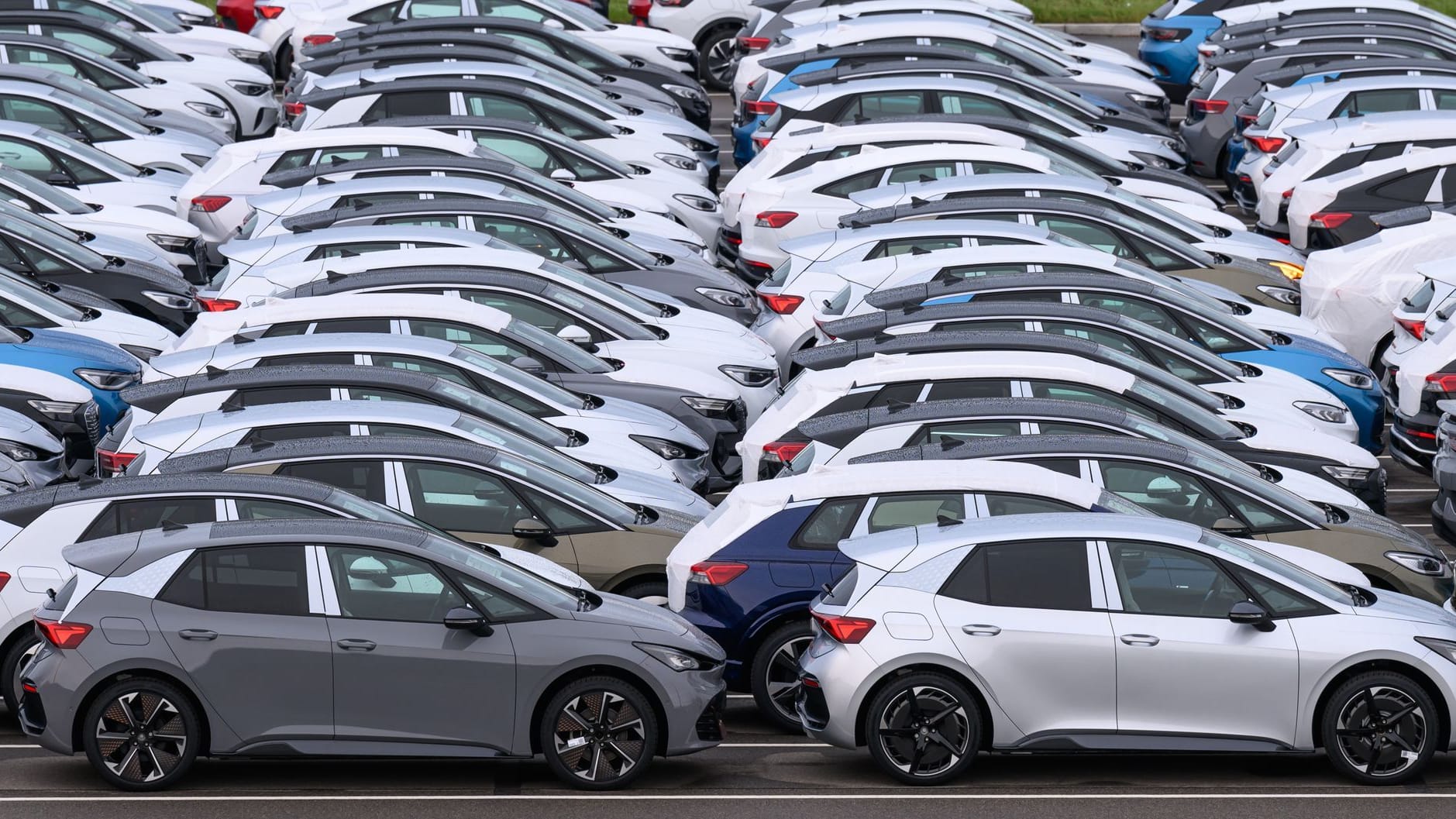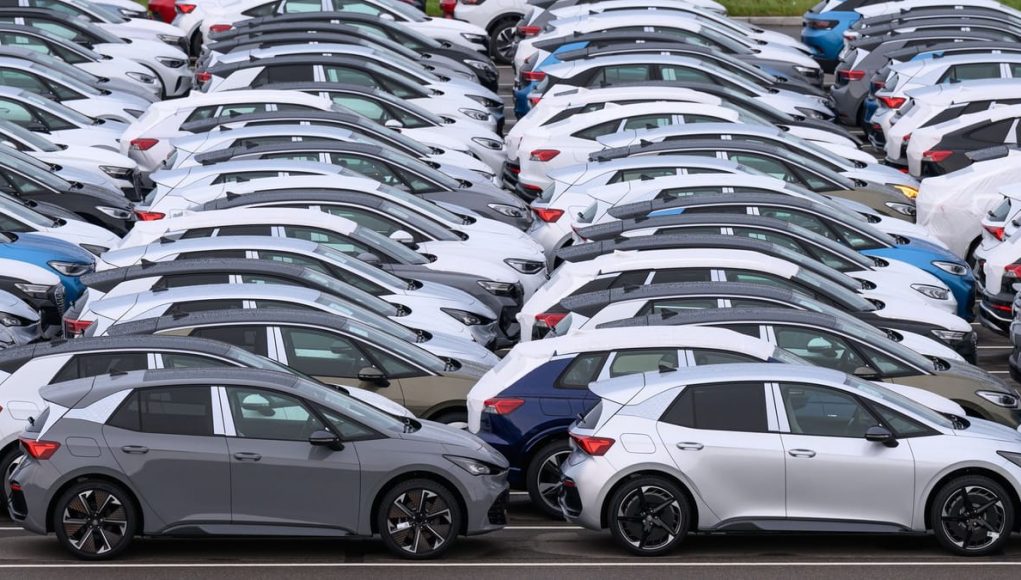“2024 was a difficult year”
VW's China sales collapse
January 9, 2025Reading time: 2 minutes

The sales figures show: VW's China market is shaking. But another continent gives cause for hope.
The car manufacturer Volkswagen sold slightly fewer cars from its core brand VW Passenger Cars last year than in the previous year. Worldwide deliveries fell by 1.4 percent to around 4.8 million vehicles, as the Wolfsburg-based company reported. Sales fell particularly in China, VW's most important market. Electric car sales also weakened. The VW share listed in the Dax lost 0.8 percent in the morning in a weak industry environment.
“2024 was a difficult year worldwide with a weak economy, political challenges and strong competition – especially in China,” said sales boss Martin Sander. Almost 2.2 million VW brand vehicles were delivered there, 8.3 percent less than in the previous year. In Europe, sales fell by 1.7 percent to 1.25 million vehicles. “Nevertheless, we are starting the new year optimistically,” added Sander.
The VW brand was able to increase in North America (plus 18 percent) and South America (plus 21 percent). The best-selling model was once again the Tiguan SUV, followed by the T-Roc. Overall, almost every second new VW car (47 percent) was an SUV. Compared to 2023, the share of all sales increased by another 1.4 percentage points, according to VW.
However, there was a decline in electric cars. 383,000 electric models from the ID family were delivered worldwide last year. According to previous information, in 2023 there were still around 394,000. In total, around 1.35 million ID models have been sold since the ID family began production at the end of 2019.
Shortly before Christmas, after a long struggle, the company and the union agreed on a restructuring program for the ailing core brand, which envisages the reduction of 35,000 jobs in Germany by 2030. The reduction should take place without any redundancies for operational reasons. In the German plants, which have so far only been underutilized, the technical capacity at the German locations is to be reduced by over 700,000 vehicles.































